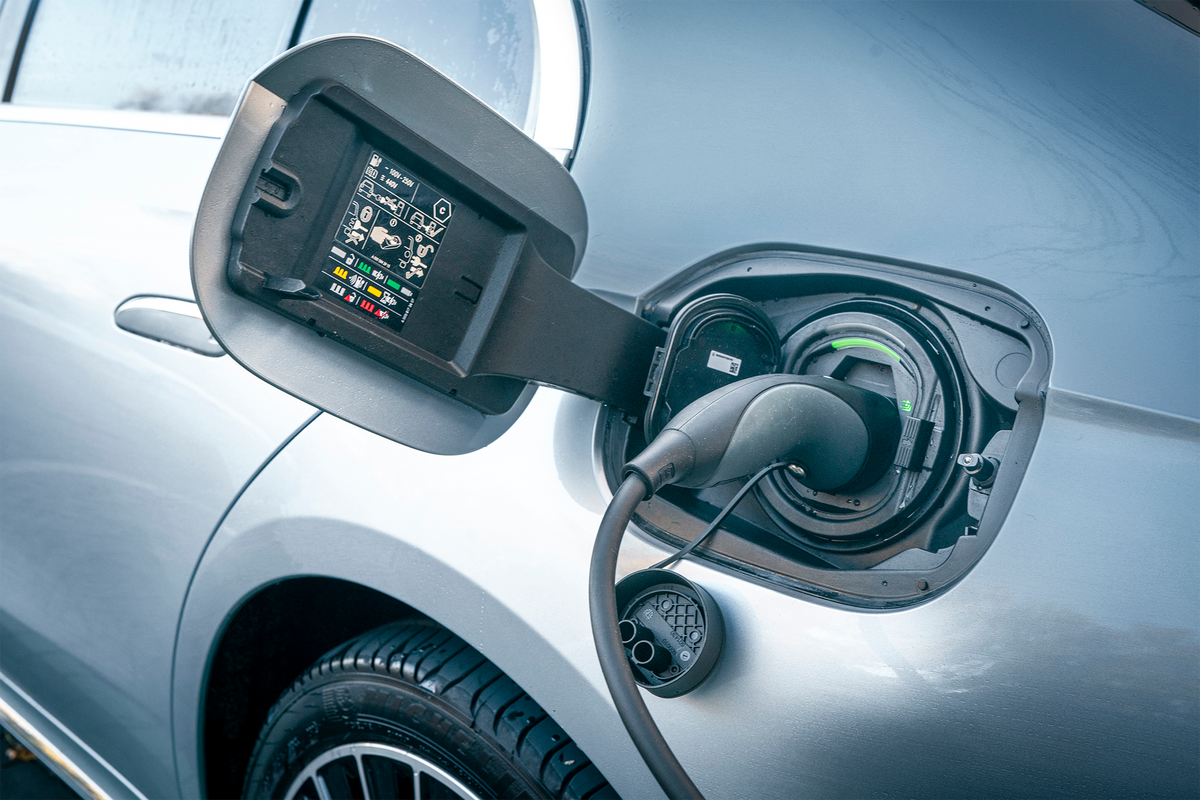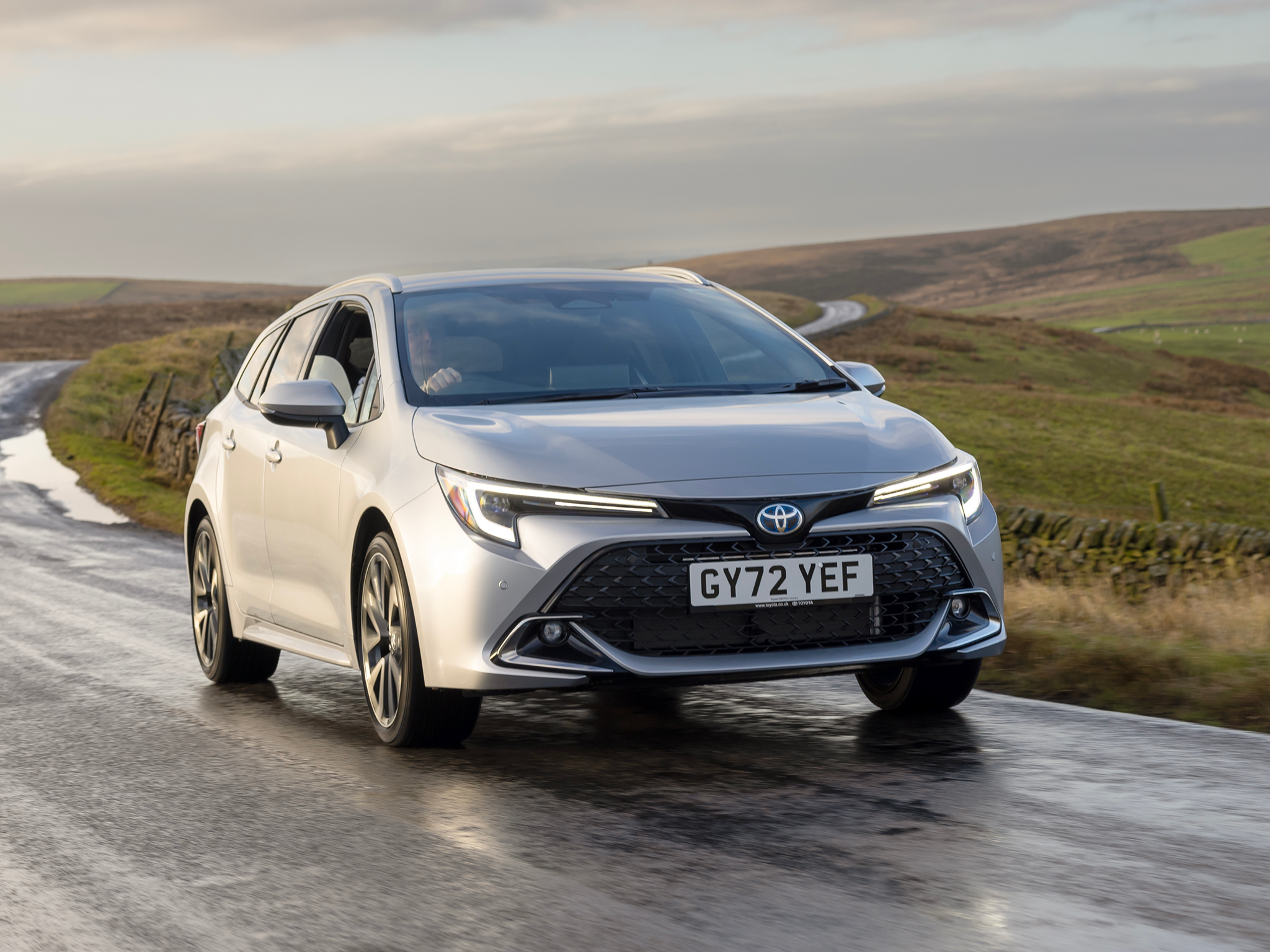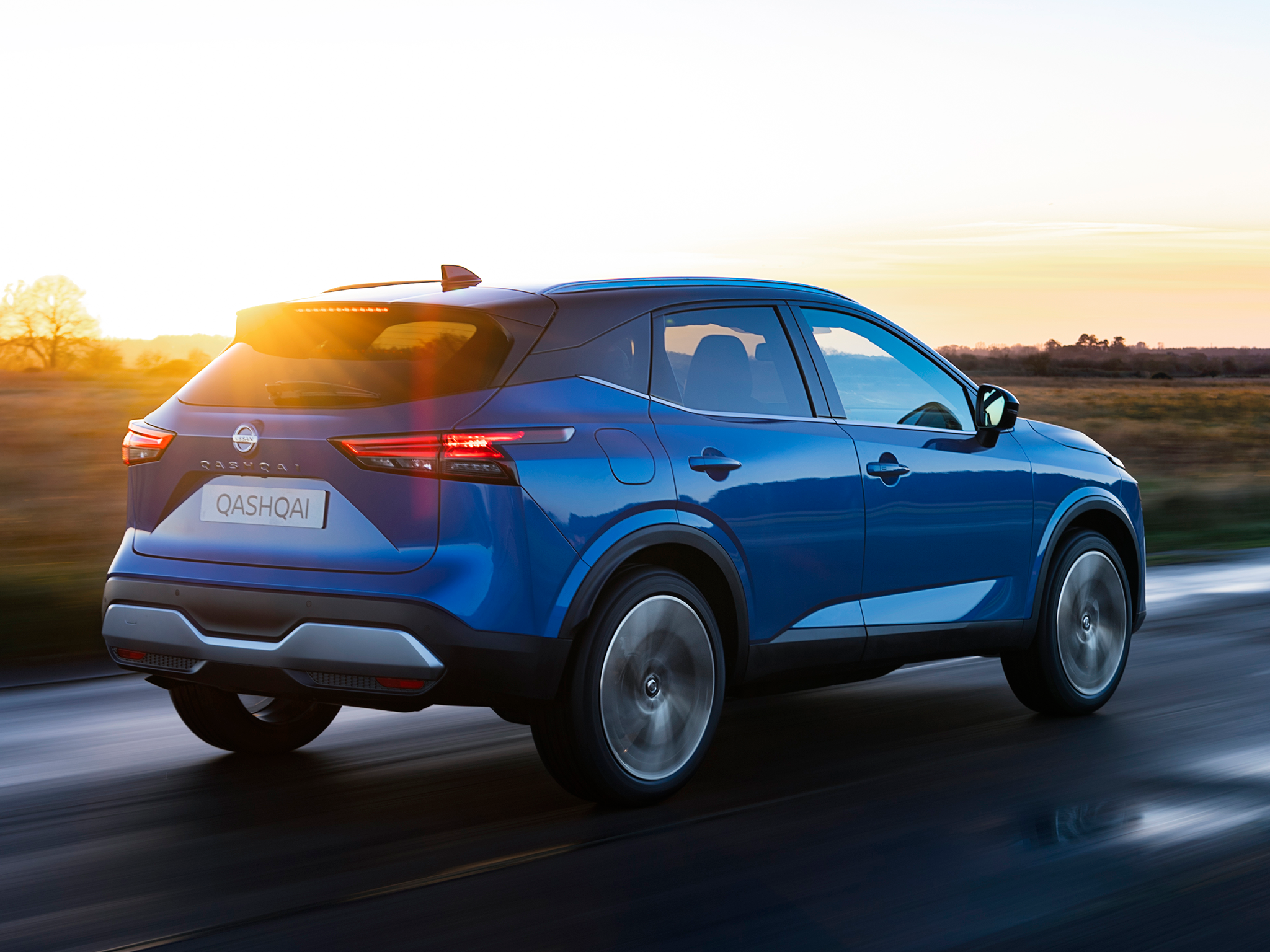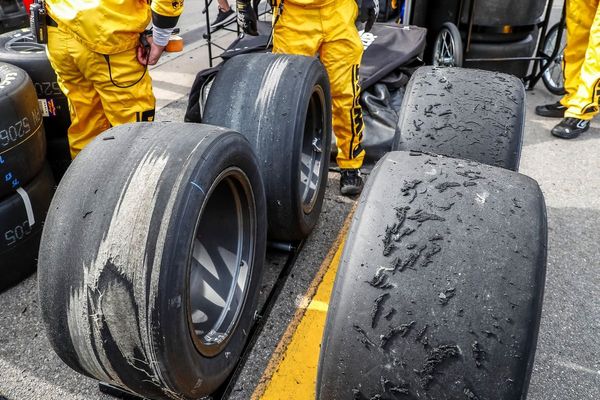
After the to-ing and fro-ing of previous governments on precisely when they would finally ban cars with internal combustion engines, Keir Starmer’s team have now confirmed that the sale of new purely petrol or diesel cars will be banned from 2030 – as promised in last year’s Labour Party manifesto.
This comes as the result of over 600 responses to the government’s recent consultation on its Zero Emissions Vehicles (ZEV) Mandate and the proposed 2030 ban. As well as a mountain of paperwork to plough through, government ministers listened to industry representations – which is always nice to hear.
The result was announced late on Sunday evening, with one element being welcomed by pretty much everyone, and the other leaving a couple of car makers in particular feeling rather smug.
Let’s start with the ZEV Mandate, which this year stipulates that at least 28 per cent of each manufacturer’s cars and 16 per cent of its vans should be fully electric. Next year that rises to 33 per cent for cars and 24 per cent for vans, with further increments up to 66 per cent and 58 per cent respectively in 2029.
For every single car that misses those targets, manufacturers were in danger of being fined £15,000 per car this year. That has now been dropped to £12,000.

Not that it matters. There have been various workarounds including banking credits, buying credits and borrowing credits from future years, and they’ve all been tweaked to help avoid what could be crippling fines, especially when car makers are spending so much to incentivise people to buy EVs.
For the record, I think the government has done the right and reasonable thing there. But then there’s the 2030 ban.
After what I can only assume is significant lobbying from Toyota and Nissan – both with sizeable workforces in their UK factories building hybrid vehicles – the government has decided that these hybrids can live on in showrooms from 2030 until 2035.
That’s a bad move in my book, for a number of reasons.
Here’s what transport secretary Heidi Alexander has said: “We will always back British business. In the face of global economic challenges and stifled by a lack of certainty and direction for too long, our automotive industry deserves clarity, ambition and leadership. That is exactly what we are delivering today.

“Our ambitious package of strengthening reforms will protect and create jobs – making the UK a global automotive leader in the switch to EVs – all the while meeting our core manifesto commitment to phase out petrol and diesel vehicles by 2030.
“Once again, the prime minister’s decisive and bold actions show how we’re on the side of British business while harnessing the opportunities of the zero emissions transition to create jobs and drive growth, securing Britain’s future, and delivering our Plan for Change.”
If the plan is to make the UK “a global automotive leader in the switch to EVs”, why is the government allowing the continued sale of petrol-powered full hybrids beyond 2030?
A battery electric vehicle emits zero CO2 from its tailpipe. A hybrid Toyota Corolla emits between 100 and 108g/km of CO2 depending on model, while a Nissan Qashqai with the e-Power hybrid powertrain emits from 117g/km of CO2. Plug-in hybrids are considerably more efficient with lower CO2 outputs.
Clearly the government has been under pressure from Toyota and Nissan – two brands that are way off the pace when it comes to electrification, with only one EV each in their current line-ups. Would Toyota and Nissan pack up shop and leave the UK if the government banned the sale of new full hybrids from 2030? Not a chance – the cost of closing a factory and replacing its output with a new one elsewhere is enormous.
Nissan is putting the new electric Leaf, Juke and Qashqai models into its Sunderland plant over the coming years and Toyota should – and probably will, eventually – be doing the same.
You can’t knock a government that seems so keen to support British industry at such a crucial time, and the tweaks to the ZEV mandate are both sensible and welcome. But when it comes to banning the sale of new petrol and diesel cars from 2030, allowing full hybrids is the wrong move.
To me, it looks like the government has taken the appeasement option here, pleasing some of the people some of the time. If it really wants the UK to be ‘a global automotive leader in the switch to EVs’, it should have been stronger, only allowing new cars with plugs to be sold from 2030 onwards.







